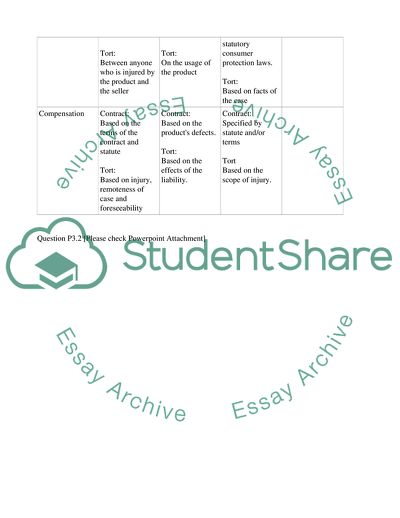Cite this document
(Principle of Liability Assignment Example | Topics and Well Written Essays - 1750 words, n.d.)
Principle of Liability Assignment Example | Topics and Well Written Essays - 1750 words. https://studentshare.org/law/1773882-principle-of-liability
Principle of Liability Assignment Example | Topics and Well Written Essays - 1750 words. https://studentshare.org/law/1773882-principle-of-liability
(Principle of Liability Assignment Example | Topics and Well Written Essays - 1750 Words)
Principle of Liability Assignment Example | Topics and Well Written Essays - 1750 Words. https://studentshare.org/law/1773882-principle-of-liability.
Principle of Liability Assignment Example | Topics and Well Written Essays - 1750 Words. https://studentshare.org/law/1773882-principle-of-liability.
“Principle of Liability Assignment Example | Topics and Well Written Essays - 1750 Words”. https://studentshare.org/law/1773882-principle-of-liability.


